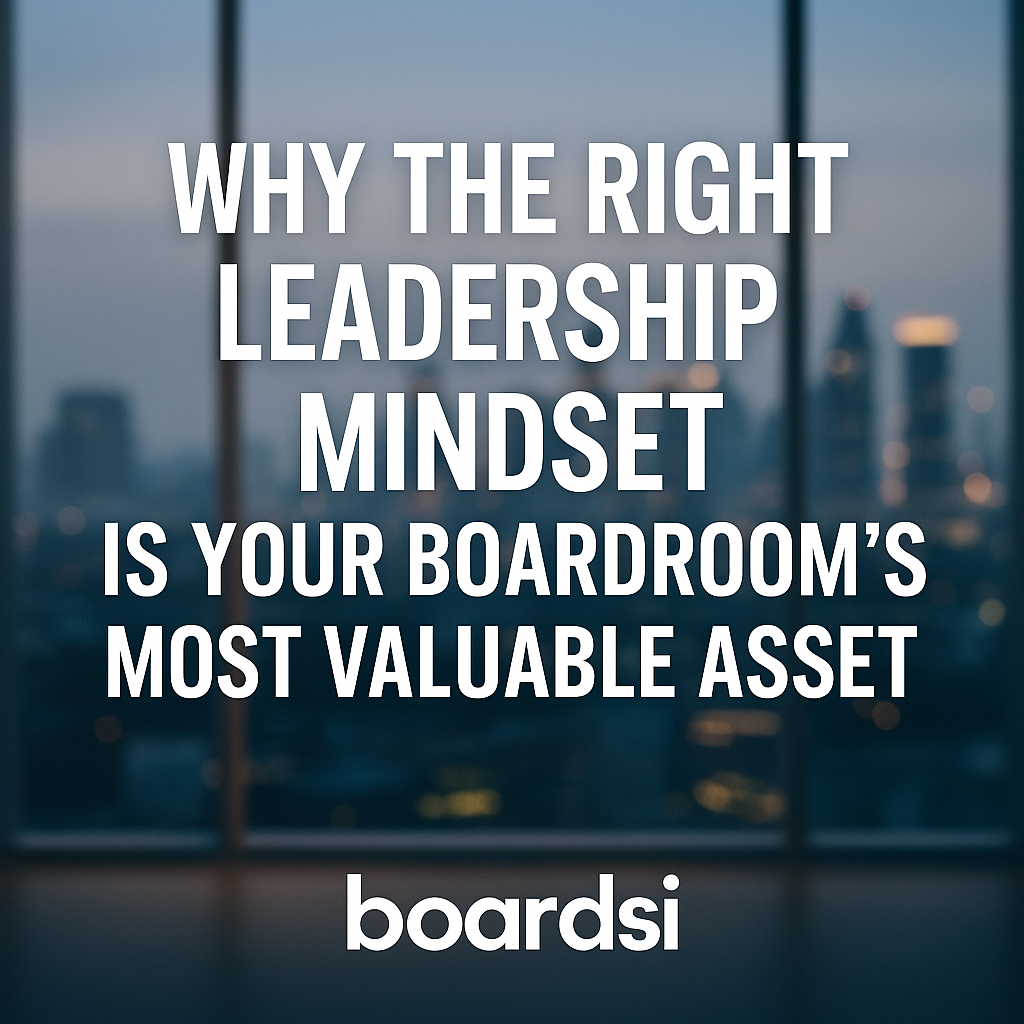Martin Rowinski is the CEO of Boardsi, a corporate board recruitment company, and an investor and author.
Could you package up your best attributes and transpose them onto someone else? The question might sound strange, but that’s exactly what my company considered as we finalized the contract to sponsor a professional golfer. Beyond golf statistics, we wanted to pick the player who best matched our core beliefs, so we searched through the social media accounts and online presence of 15 candidates and narrowed it down to the one who appeared the most positive, family-focused and hard-working.
Social media presence affects more than just golfers these days: Building a positive online reputation can open new outlets for success, while a negative one can limit your opportunities. With the right balance of free speech and reputation management on your public profiles, potential employees can go into an interview with greater confidence, and employers can narrow down a more perfect match for their team. Here’s my advice for how to keep that balance.
Focus on trends over incidents.
Emotional responses are a part of life, and social media and digital devices have made it easier than ever to blow off steam online — the key is to avoid making that your only story. If a major news break affects the world, people expect emotional posts in response, but it might look a little concerning to employers or collaborators if your whole profile is centered around tragedy. Posting political positions might be within your freedom of speech, but keep in mind that choosing to give those posts public space could disrupt your career path by limiting your options to employers with compatible positions. I share my beliefs with my close friends in person but not online because I know that a strong emotional public stance will affect how others see me.
While a one-time expression of your personal opinion is unlikely to tarnish your reputation, a behavioral trend establishes those expressions as a part of who you are. Monitor your posts for negativity to avoid establishing a pattern. Imagine an employer considering hiring someone who they discovered gave out 50 nasty, one-star reviews on Yelp. It may not be an accurate representation of this person in real life, but a profile like this shows someone who spends a lot of time complaining. You have the right to express your opinions, but making constant inflammatory statements or staking your reputation on controversial stances might have adverse effects on how you come across to other people.
View your online presence as a form of personal branding.
Freedom of speech may predate social media, but nothing compares to the level of freedom we have with it now — the choices we make with that freedom say a lot about our personal brand. Sure, platforms may issue some slaps on the wrist with a blocked account or deleted posts, but people today can and do post just about anything with nearly unrestrained freedom of speech, bringing more aspects of their personality into public view. Whether employers are interested in new hires or current employees, for the sake of promotions or to check into personal matters that might be affecting performance, employers started realizing that these profiles gave them easy access to quick, deep searches behind their employees with little effort.
A potential employer can use your posts to preview your personality and see how you might fit in any given role, so your online presence should represent the career you want to pursue. Considering that up to 70% of employers screen candidates’ social media, you should make sure your posts, comments, likes and reposts align with the brand you want people to see. Curate a variety of posts in moderation — mix in your vacations, family graduation photos, baby’s first steps and other big-life events with an occasional deeper perspective on life. Having a balanced and positive online presence can help prove to potential employers that you are a good fit for their company.
Remember that you attract what you put out.
As I learned with our company-sponsored golfer, job recruiters and employers who want to find employees who most closely align with their business mission can do that through social media. The people someone follows and the content they post can tell you about the kinds of associations they choose to make. If you want diplomatic employees, avoid those in constant arguments on Instagram. A family-oriented person will likely have very different posts from someone who parties every weekend, and those social media presences will have a totally different effect on someone hiring for a corporate position or a bartender. Think about what you want to accomplish with your career, and make sure that your social media matches up with that reality.
In my experience, prospective employers are also less likely to hire if you have zero reputation. It can be frustrating for their recruiting team to spend a lot of time researching your online presence only to come up empty-handed. Having little to no positive elements to your credit also makes it that much easier for a single negative to harm your reputation. Branding yourself online with some positive personality, interests and a good reputation makes it a lot easier for people to see you for your accomplishments, and employers appreciate that effort.
With today’s social media proliferation, the fine line between free expression and reputation management needs more care than ever to stay in balance. I’ve found that aligning your online presence with a desired position or life that you want to lead is one of the best ways to assure that people take those desires seriously. When it comes to finding the right person for any company — from employees to golfers — the one who fits best is about more than numbers. To find what represents your vision in others, make sure your vision is what others find out about you.
Forbes Business Council is the foremost growth and networking organization for business owners and leaders. Do I qualify?










